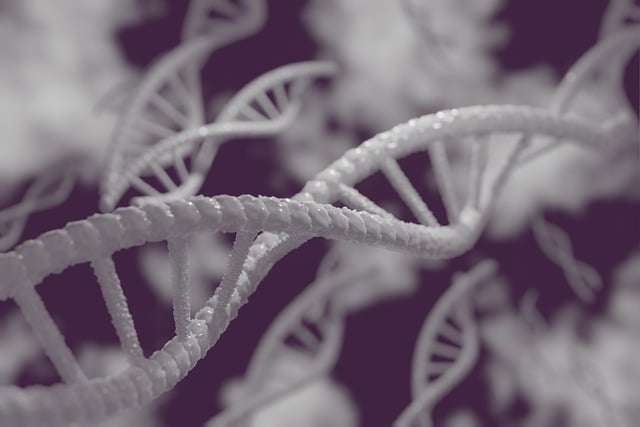 Love: The Ultimate Power in the Universe
Love: The Ultimate Power in the Universe
While the universe may be full of mysteries, one thing remains clear: love is the ultimate power, forever shaping the cosmos and our place within it.
Throughout history, philosophers, poets, and thinkers have grappled with the question of what force governs the universe. Science has sought explanations in laws of physics, gravity, and energy, while spirituality points to a higher power. Yet, among all these forces, there is one that transcends time, space, and human understanding: love. While we tend to consider love an abstract or intangible concept, love holds the potential to shape lives, communities, and even the very fabric of the cosmos itself.
At its core, love is not merely a fleeting emotion but a deep, transformative power. It binds individuals together, nurtures compassion, and fosters understanding across the boundaries that separate us. It is a force that has the ability to heal, uplift, and inspire, motivating people to act with selflessness, courage, and integrity. Whether it is the love between family members, romantic partners, or the shared compassion in a global community, love fuels human connection in a way that no other force can.
From a spiritual perspective, love is often described as the most potent force in the universe. Many spiritual traditions emphasize that love is the source of all creation. In Christian theology, for instance, God’s love is the foundation of existence, and humanity’s highest calling is to love one another as God loves them. Even Eastern philosophies, such as Buddhism and Hinduism, believe love is closely tied to the concept of compassion and interconnectedness, suggesting that all beings are connected through the energy of love. These teachings imply that love is not just a human trait but a cosmic principle that governs the universe.
Science, too, has explored the significance of love and its potential to influence the universe. While the language of science often involves equations and empirical evidence, the impact of love can still be seen in how it shapes human behavior and the physical world. Research in neuroscience has shown that love—whether it be romantic, familial, or altruistic—releases neurochemicals such as oxytocin and dopamine, which promote bonding, happiness, and well-being. On a broader scale, love can drive scientific innovation and creativity, as it has inspired countless individuals to seek knowledge and understanding, not just for themselves but for the benefit of others. The desire to help, to heal, and to improve the world around us stems from a deep love for humanity.
At the level of the cosmos, love could be seen as the invisible force that underpins the universe’s most fundamental laws. The famous physicist Albert Einstein once said, “Gravitation is not responsible for people falling in love,” highlighting the fact that while gravity may govern the movement of celestial bodies, love is the force that governs human connections, transcendence, and the deepest aspects of our existence. Though love may not be viewed as a physical force in the same way as gravity or electromagnetism, it is no less real or powerful. It has the capacity to drive revolutions, overcome adversity, and change lives in ways that can’t be measured in terms of mass or energy.
Ultimately, love’s power lies in its ability to transcend boundaries. It connects the past to the present, the self to the other, and the earthly to the divine. Love is the force that continues to guide humanity, allowing individuals to rise above fear and hatred and move toward unity, peace, and fulfillment.
Mankind has forever sought answers to the mysteries of the universe, and most of the answers come down to various forms of energy. Yet the identity of that mysterious force eludes us. Science has discovered many traits of different forms of energy, but has yet to define the ultimate source.
While the universe may be full of mysteries, perhaps one thing remains clear: love is the ultimate power, forever shaping the cosmos and our place within it.
And we, as mortals, do not have the capacity to understand or harness that energy. All we can do is build, strengthen and maintain our relationship with that power we call God.









